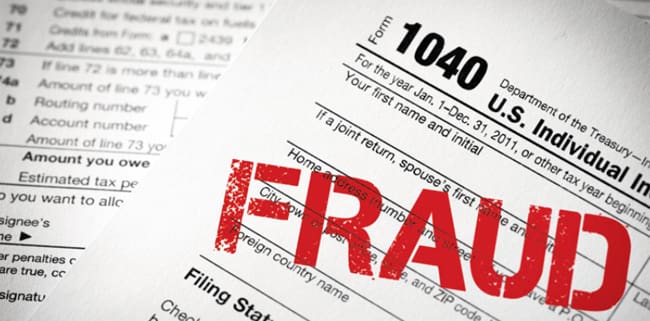Steps to Reduce Being Considered for Fraud in an Audit
The SBA PPP loan is to help support small businesses that would otherwise disappeared due to COVID-19. Now that these funds have been widely disbursed, the federal government is stepping it. They are taking action to check on the recipients. Furthermore, their actual need and whether or not their applications submitted to the SBA match their actual numbers. The big question lingering over business owners now is, how can you reduce potential fraud in an audit?
Let the audits begin.
If you have concern about your audit risk, here are a few points to consider as you decide whether or not you need to seek guidance from a tax attorney.
Step 1
First and foremost, consider the information you submit to receive the SBA PPP loan. Is it correct? Or shall we say, was it 100% accurate? Could you attest to every number you put down in your application? If you can, you’re off to a great start! If you “estimated” some of your numbers and they’re a little too generous, you may be facing some more serious consequences. Potentially even criminal liability for your company. While the process of auditing companies may take a few months, when you do get an audit, you may be facing charges that lead to jail time.
Step 2
The government will be looking especially close at payroll numbers; inflation of payroll numbers or deflation of employee headcount. You must verify you did not adjust your business logistics in regard to employees and payments in your loan application. Knowing these loans came to small business owners very quickly and it was on a first come first serve basis, we understand you may have had to act quickly. Therefore, you may have made decisions with intent simply to qualify for the loan. With that being said, businesses who come forward and rectify numbers before an audit have more options than those who wait to be flagged.
Step 3
Finally, as forgiveness applications are being submitted, be sure to note how you are using the SBA PPP funds. Use the funds exactly as they intend. These guidelines are up to date as of June 25th, 2020:
“The loan will be fully forgiven if the funds are used for payroll costs, interest on mortgages, rent, and utilities (due to likely high subscription, at least 60% of the forgiven amount must have been used for payroll). Loan payments will also be deferred for six months. No collateral or personal guarantees are required. Neither the government nor lenders will charge small businesses any fees.”
Loans issued prior to June 5 have a maturity of 2 years. Loans issued after June 5 have a maturity of 5 years. All loans have an interest rate of 1%.“
Do not use these funds for any other uses or the loan will not be forgiven. Be sure to save your receipts and keep your loan funds separate, so you know exactly where the money from your loan is going.
If you are unsure if you comply with these regulations, or if you need assistance determining your fraud risk, please reach out to our team at Milikowsky Tax Law. We will help you evaluate your financial situation to ensure your safety and reduce your potential of fraud discovery in an audit. We are experts in government audits and criminal tax defense, and in these unprecedented times, we are here to support you.



